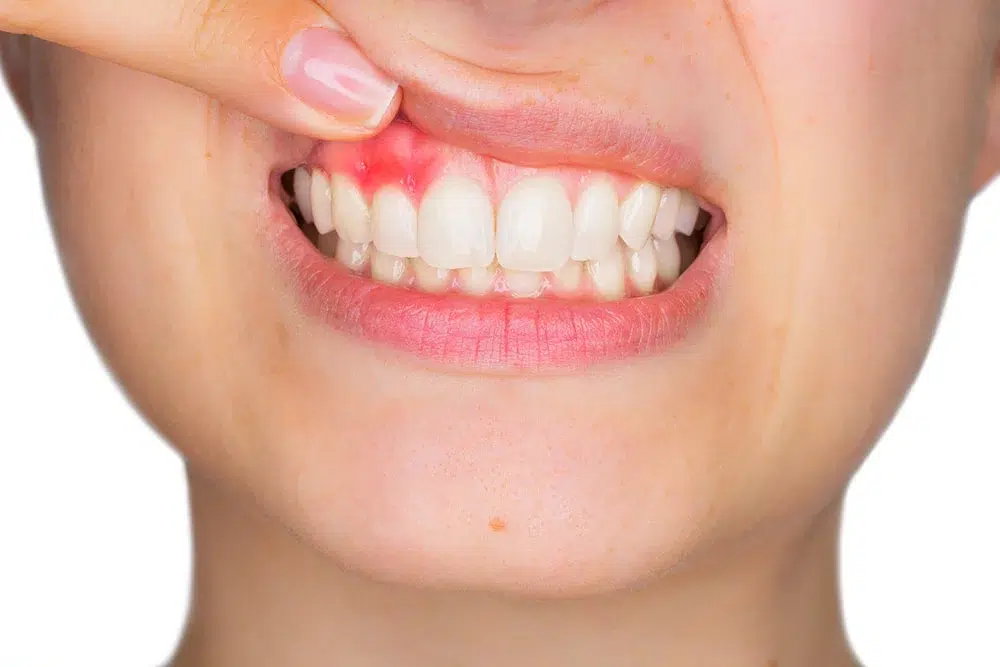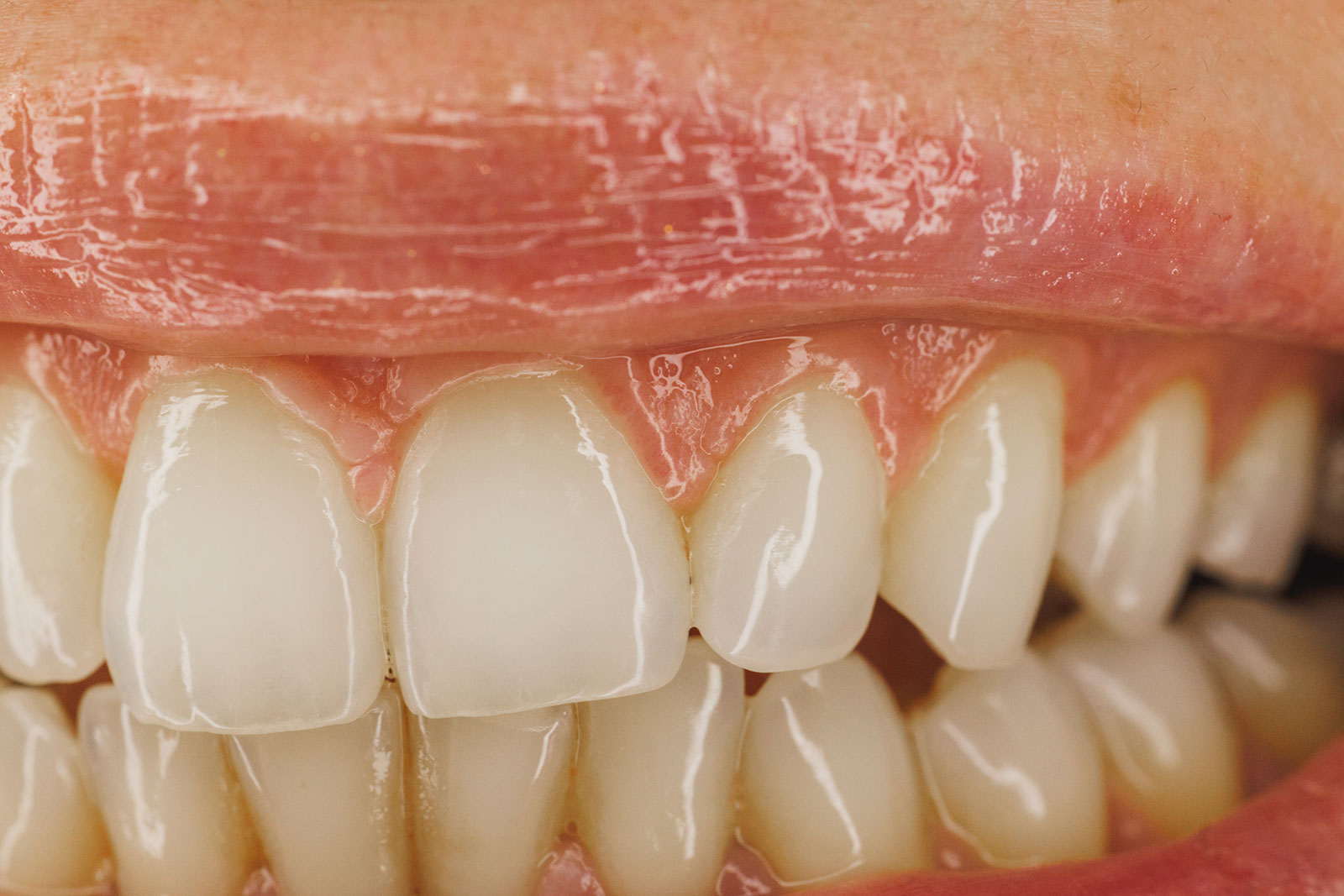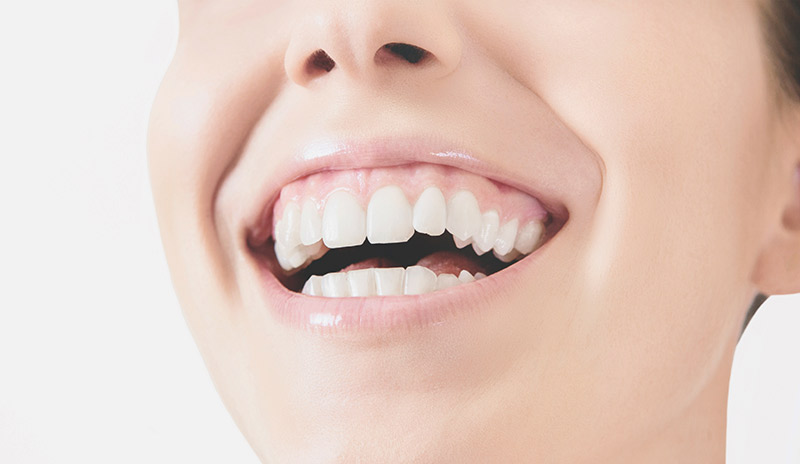Halitosis, or bad breath, is a problem that affects more people than we think. This persistent bad odor not only has an impact on our social lives, but can also be an indication of underlying health problems. In this post, we will explore the most frequently asked questions about halitosis, its causes, symptoms and the best treatments available.
What is halitosis?
Halitosis is the medical term that describes chronic bad breath. It is not simply the bad odor that can arise after eating certain foods or upon waking in the morning. Halitosis refers to a persistent problem, usually related to a buildup of bacteria in the mouth or underlying medical conditions.
Symptoms of halitosis: How to identify it?
It is easy to think that bad breath is obvious, but sometimes people are unaware that they have it. Common symptoms of halitosis include:
- Persistent bad breath odoreven after brushing teeth or using mouthwash.
- Unpleasant taste in the mouthusually metallic, bitter or sour.
- Dry mouth (xerostomia), a constant sensation of dry mouth that can exacerbate the problem.
- Sensation of coating on the tonguedue to accumulation of bacteria and food debris.
It is important to keep in mind that many people do not notice their own bad breath. If you think you may have halitosis, ask someone you trust to confirm it or consult a dental professional.
Causes of halitosis: Where does bad breath come from?
Halitosis can have several causes, ranging from poor oral hygiene to more serious health problems. Here is a breakdown of the main ones:
1. Oral causes
- Poor dental hygieneFailure to brush and floss properly can allow food debris to accumulate, causing bacterial growth that generates sulfur compounds, which are responsible for odor.
- Dental infectionsGum disease, untreated cavities and abscesses can be a source of halitosis.
- Coating on the tongueThe tongue is a breeding ground for bacteria. Insufficient cleaning can lead to bacteria build up, causing bad breath.
Dietary factors
- Strong foodsFoods such as garlic, onions and strong spices can release compounds that travel through the bloodstream to the lungs, where they are exhaled.
- Low carbohydrate dietDiets such as the ketogenic diet, which limit carbohydrates, can cause a type of halitosis called ketogenic halitosisdue to the production of ketones during fat burning.
3. Medical conditions
- Respiratory diseasesThroat infections, sinusitis, bronchitis or chronic lung infections may cause bad breath.
- Gastroesophageal reflux (GERD).In this condition, acid from the stomach moves up the esophagus, which can cause bad breath.
- DiabetesHalitosis can be a symptom in people with poorly controlled diabetes, due to the accumulation of ketones.
4. Lifestyle
- Tobacco and alcoholSmoking not only dries the mouth, but also leaves a lingering odor. Excessive alcohol consumption can also cause dry mouth and bad breath.
- Stress and lack of sleepInterestingly, stress and lack of rest can alter saliva production, which facilitates bacterial growth.
Halitosis treatments: How to combat bad breath?
Fortunately, there are several ways to treat halitosis depending on its underlying cause. Here are some solutions you can adopt:
1. Improves oral hygiene
Most cases of halitosis are related to poor oral hygiene. Here are some basic steps to combat the problem:
- Brushing properlyUse a soft-bristled toothbrush and fluoride toothpaste at least twice a day.
- Clean the tongueTongue cleaners are available that remove the bacterial coating that can build up.
- Floss dailyThis helps remove food debris trapped between the teeth that can cause bad breath.
2. Mouthwashes
- Chlorhexidine or chlorine dioxide rinses.These antimicrobial products can help reduce bacteria in the mouth.
- Natural rinsesCoconut oil, baking soda or diluted apple cider vinegar can be effective home solutions for bad breath.
3. Increases saliva production
Saliva helps cleanse the mouth of bacteria and food debris. To increase saliva production:
- Chew sugarless gumPreferably with xylitol, which fights oral bacteria.
- Drink plenty of waterStaying hydrated is key to avoiding dry mouth.
4. Consultation with a medical professional
If you have improved your oral hygiene and bad breath persists, it may be time to visit a physician or dentist to determine if there is a more serious underlying cause, such as an infection or disease.
Prevention of halitosis: How to prevent it from coming back?
Preventing bad breath requires not only good hygiene habits, but also some lifestyle changes. Here are some recommendations:
- Regular visits to the dentistNot only for cleanings, but also to check for cavities or gum problems.
- Avoid excessive tobacco and alcoholBoth are significant contributors to halitosis.
- Maintain a balanced dietAvoid heavy meals and make sure to consume an adequate amount of carbohydrates to avoid ketogenic halitosis.
- Manage stress and get a good night’s sleepGeneral health care also has an impact on oral health.
Conclusion
Halitosis is an uncomfortable but treatable problem. While it can be related to something as simple as poor oral hygiene, it can also be the symptom of more serious medical conditions. With good hygiene habits, regular dental checkups and some lifestyle adjustments, it is possible to control and prevent bad breath.
Artículos relacionados
Comprehensive oral health
Comprehensive oral health, Restorative dentistry
Aesthetic dentistry, Comprehensive oral health





